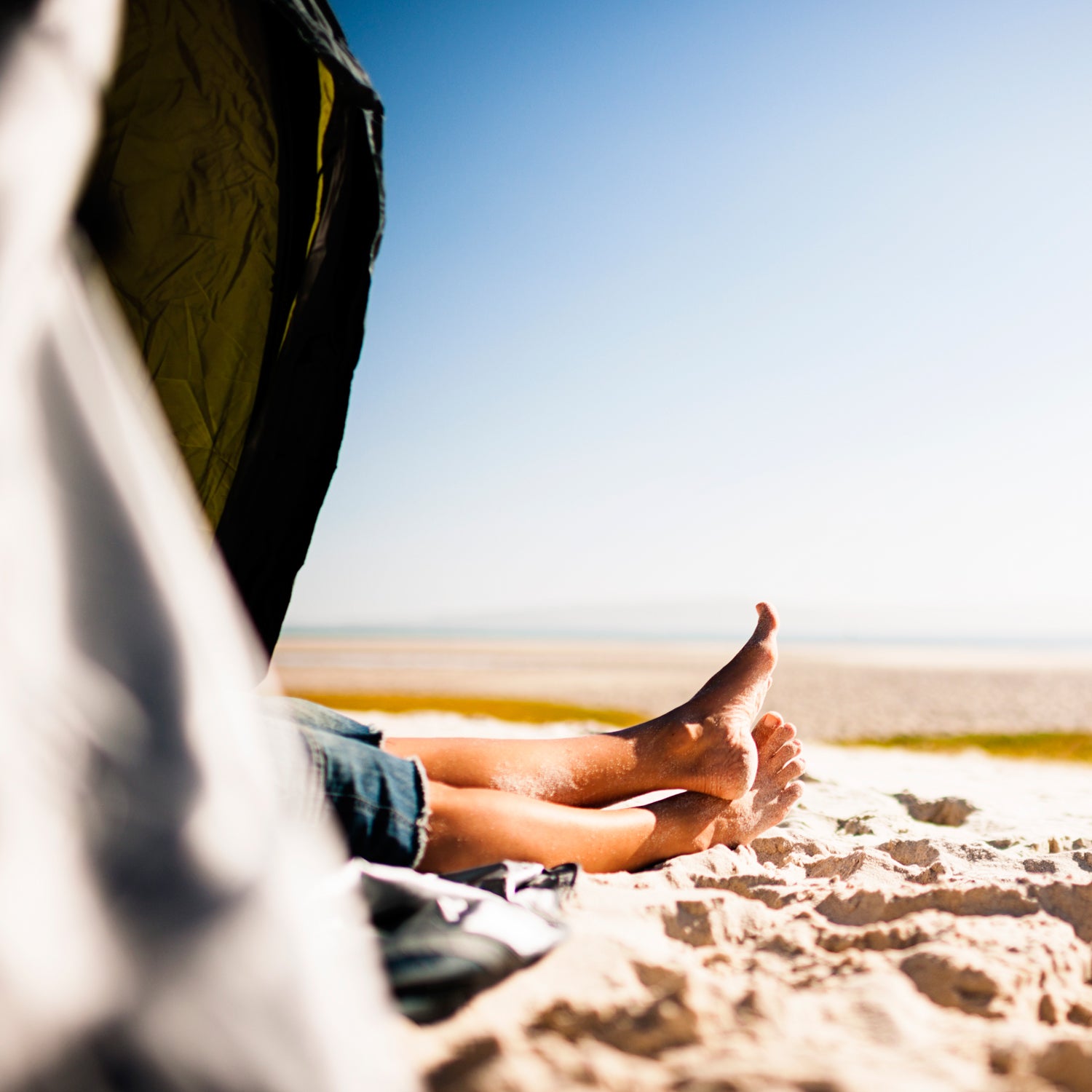Here’s the thing: You cannot get into the habit of sleeping in every day. Should you continuously sacrifice office time or workouts for a little extra shuteye, you’ll likely wind up demoted and out of shape. And sleep experts insist that is key to getting a good night’s sleep. Pile on my own personal guilt associated with snooze-button abuse, and sleeping in seemed like a habit to kick, not embrace.
But it’s fair to say that nobody has ever maintained a completely consistent sleep schedule. We all get run-down sometimes. So I decided to get into the habit of sleeping in—when I needed it, and only on weekends. Call the cue my own exhaustion. The reward: bliss and an unusually lucid dream in which I explored a swamp. Here’s what else I learned on my journey to letting go and embracing my pillow.
You Probably Won’t Sleep In as Long as You Think You Will
The science is clear. Sleeping in is fine as long as you’re not doing it every day. If you’re healthy, the research shows you’ll wake up once you’ve had enough. I second that. Before this experiment, the longest I’ve ever slept was 14 hours—following 30 straight hours of dancing for a fundraising event. After a particularly grueling workweek, I silenced my phone, turned off all alarms, and slept about two hours more than usual. I woke well before late morning—my body is less of a glutton for sleep than I expected. And I woke up refreshed instead of groggy, as I’d feared.
You’ll Gain New Self-Awareness
Catch-up sleep at least helps improve daytime alertness, . I’m not sure I felt markedly more alert, but I skipped coffee and felt a lot more relaxed than I had all week. If anything, sleeping in made me more aware of how I should feel right after a good night of shut-eye: not necessarily alert right off the bat, but without question ready to function. It’s easier to get in touch with your mental state when you’re not stumbling around, just trying to stay awake.
You’ll Get Over the Guilt
Even as someone who has felt that waking up after 9 a.m. is wasting the day, getting into bed with no timeline for getting up is one of the best feelings in the world. An even better feeling: When your eyes open naturally to the sound of—nothing, no alarm clock—especially if you’re like me and typically require a super-loud alarm to wake up.
At the end of a month, I’ve finally learned to heed the call when a recovery night is in order. There’s no shame in a morning without an alarm—and the snooze button.


